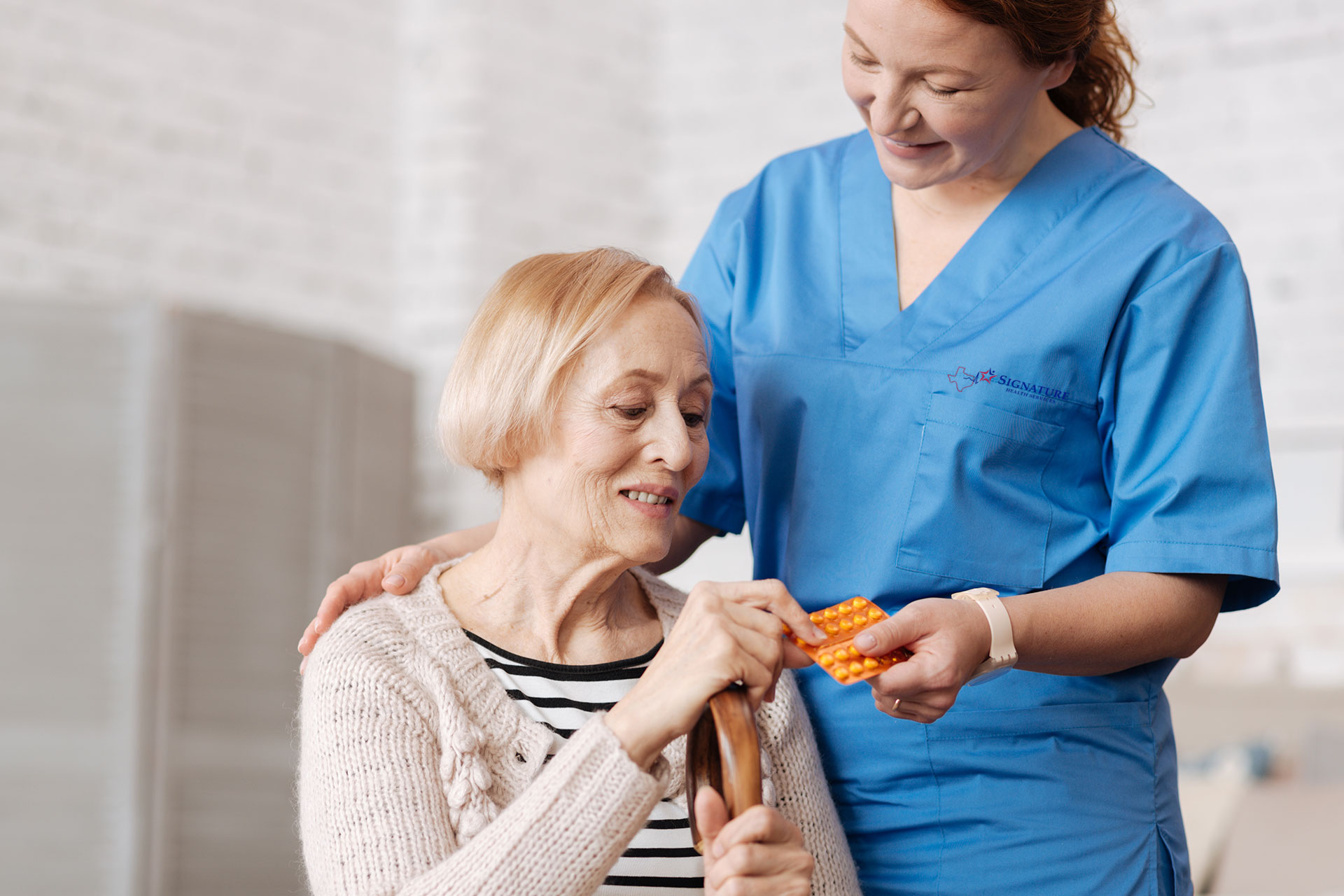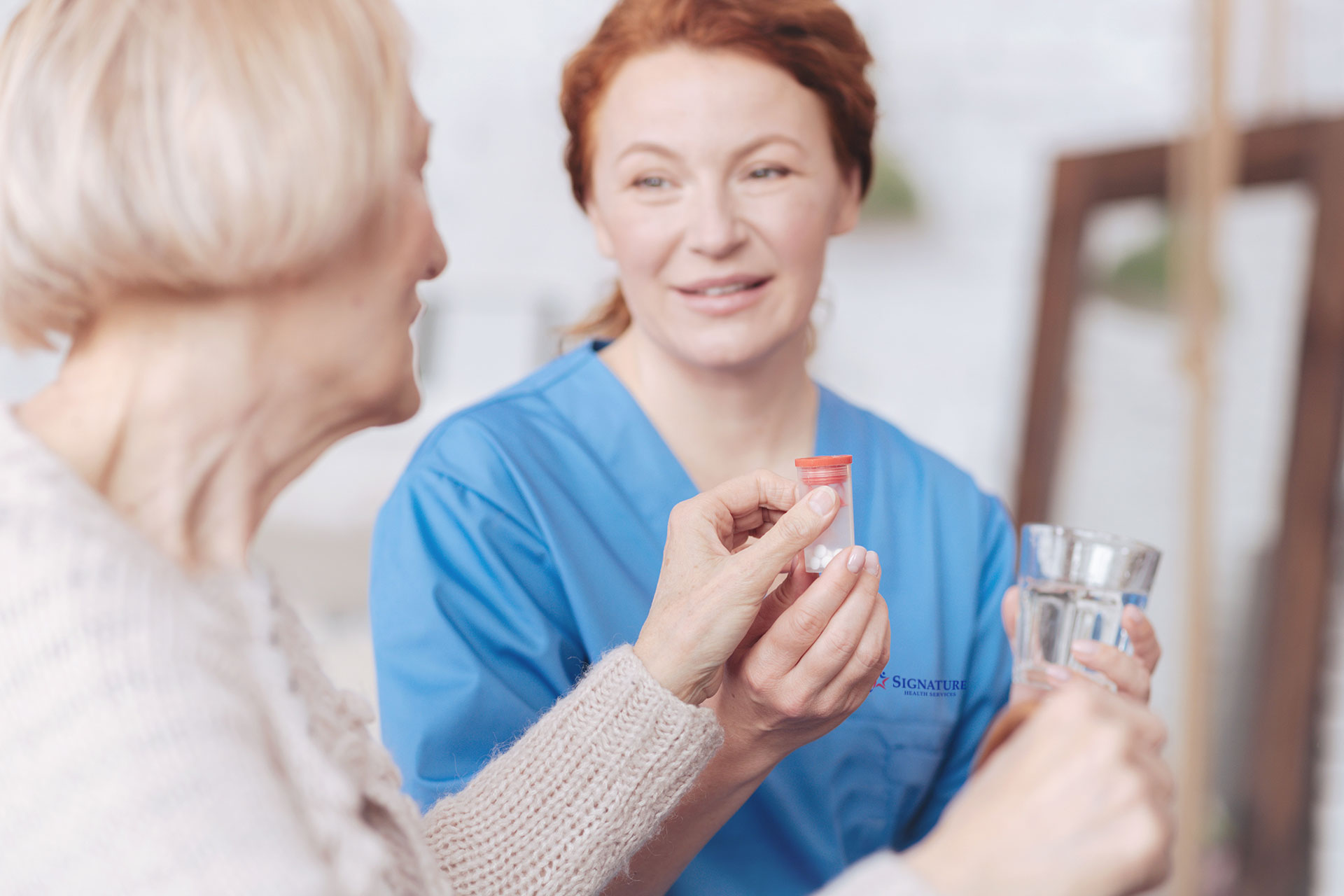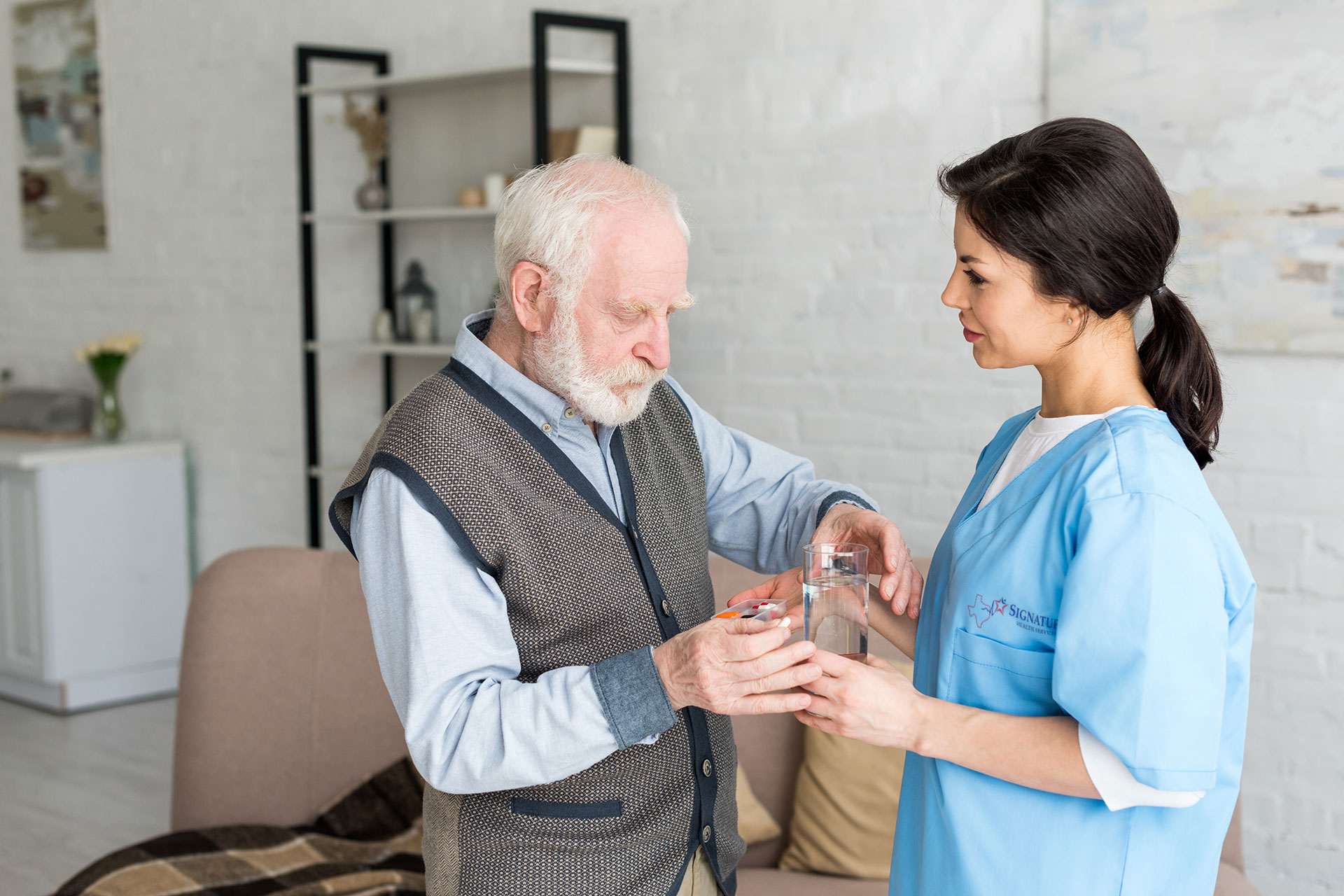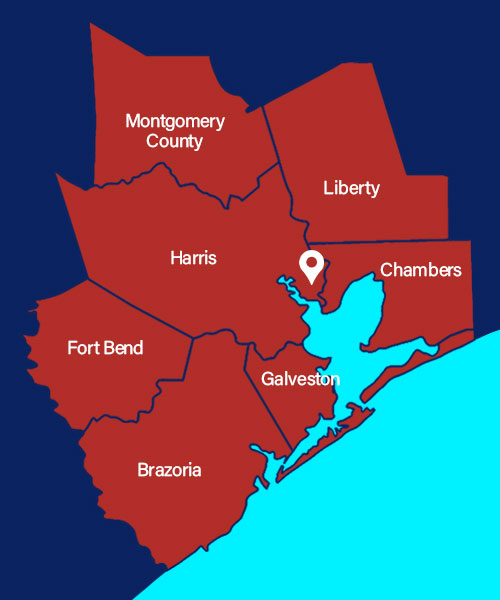Medication is a powerful source of well-being. Since the creation of antibiotics, painkillers, and other drugs, the quality of life of people has improved significantly. However, prescription drugs should only be used for their primary purpose. To avoid medication misuse and potentially dangerous conditions like opioid addiction, unutilized medicines should be appropriately disposed of.
That’s why the Drug Enforcement Administration sponsors National Prescription Drug Take Back Day twice yearly. During the last Saturday of April and October, DEA hosts collection sites along many locations where medications can be dropped off safely.
A commitment to a safer and healthier community
If prescription drugs are thrown in the trash, they are more likely to be illegally sold or abused. In addition, chemicals flushed down toilets might become huge contaminants and threaten the water supply.
Nevertheless, the United States recognizes drug overdose as a public health, security, and safety concern. As a community, all of us can help reduce the chances that unneeded and unused medications find their way into the streets.
Since 2010, the Drug Enforcement Administration has been conducting an event to collect prescription drugs, including opioids and other medications that are vulnerable to misuse, diversion, and abuse. So far, the event has collected more than 6,800 tons of drugs. The DEA also provides posters and other promotional materials to hospitals and other partners to help spread awareness of National Prescription Drug Take Back Day in their community.
It is not uncommon for unused prescription drugs to end up in the wrong hands, which can be dangerous and sometimes even tragic. That’s why it is excellent news that thousands of people from all over the country have been cleaning out their medicine cabinets and turning in their prescription drugs in record amounts, safely and anonymously.

Opioid addiction
One of the most common concerns about medication misuse is opioid addiction. These drugs boost the effects of natural endorphins in people’s brains, causing reduced pain and an overall feeling of well-being. However, the abuse of opioids can quickly lead to severe health problems for the person and their loved ones.
Opioids are a class of drugs that a doctor can prescribe as a pain reliever. However, the use of legally prescribed or illegally obtained opioid medications can lead to a condition known as opioid use disorder (OUD). OUD is a significant public health crisis in the United States, contributing to more than 800,000 drug overdose deaths in this century. The increasing rates of drug addiction have also caused a decline in life expectancy in the U.S.
Opioid addiction is a form of substance use disorder. While its root causes are not yet fully comprehended, several contributing factors may include how opioids influence an individual’s brain, as well as environmental, lifestyle, and family history factors. Similar to other diseases, opioid use disorder has distinct symptoms and a pattern of progression, which means it tends to worsen over time, such as:

OUD prevention and treatment
If your doctor prescribes an opioid drug, it is crucial to precisely follow their instructions to reduce the risk of developing a substance use disorder. Additionally, discussing alternative pain control methods with your physician before a medical procedure is highly recommended.
Treating opioid use disorder requires a personalized approach, as there is no single treatment that works best for all individuals. However, with the proper treatment, recovery is possible.
Healthcare professionals can provide treatment for OUD on an outpatient basis or through a residential program. These treatments involve the use of medications such as buprenorphine, methadone, or naltrexone, coupled with support programs that can help people recover. The key is to work with a professional provider to find the treatment that best suits the individual’s needs and goals.
How to prepare for Take Back Day?
In addition to National Prescription Drug Take Back Day, the DEA can receive drugs for disposal throughout the year from over 11,000 authorized collectors.
Call Signature 24/7 at 800-277-8291 for excellence in skilled and compassionate home health care.

Your Complete Home Health Care Solution!
ALWAYS ON CALL
| Monday – Sunday | 24 / 7 |
1 (800) 277-8291 (option 1)
COUNTIES SERVED
OUR VALUES
TESTIMONIALS

I love all of my home health people.

All Signature staff as well as therapy were very helpful.

Their services have always been great.

I really love my physical therapist. Gary has helped me so much.

This has been one of the best agencies. Very caring nurses.

I’ve had a really good physical therapist and really nice nurses.

I have had excellent care & would recommended them to anyone.

Gary Dixon is the very best physical therapist in Baytown and Houston Area.

